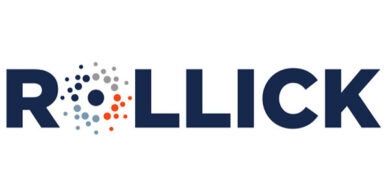The High-tech Tech
Technicians will be using even more “high-tech” procedures and diagnostic equipment in the future to maintain, repair, and diagnose their customers’ equipment. (Photo provided by Stihl Inc.)By Randy Scully
While growing up in my father’s power equipment business, I learned the inner workings of an engine and how to make a cantankerous machine purr like a kitten just by performing a tune-up and replacing a few simple parts. During my formative years, the “brains” of a small engine consisted of a basic carburetor, breaker points, and a simple air vane or mechanical governor. To get an engine running like new, all you needed was a feeler gauge, a breaker point file, and a screwdriver.
Over the years, technology has changed that. Automobiles, home appliances, telephones, and almost everything we use in today’s world are controlled by integrated circuits with digital processors that translate millions of data bits to control every moment that the gizmo is in operation. The same technology is now being used in power equipment, and my set of feeler gauges and point files are rusting away, buried in some dark corner of my toolbox.
Advanced technology in small engines is here to stay, and we can expect changes to happen at an even more rapid pace. Today’s new developments will be common or even outdated in the next 10 years. Power equipment technicians will be using even more “high-tech” procedures and diagnostic equipment in the future to maintain, repair, and diagnose their customers’ equipment. They will soon be using computers and smartphones to scan bar codes, which will automatically recognize the machine, check the condition of operating components, take them to parts illustrations and repair procedures, and provide software updates. A computer and/or smartphone along with an Internet connection are becoming just as much of a necessary repair tool as the feeler gauge and breaker point file we relied on years ago.
It is becoming ever more important for power equipment technicians to become computer and Internet savvy and to stay abreast of the technology that power equipment manufacturers are building into current and future products. While the advances in power equipment technology today may seem somewhat daunting at first, they will become common practice with the proper training, reference materials and diagnostic tools offered by the equipment manufacturers.
This means the power equipment offered now and in the future may become difficult for the “backyard” mechanic to repair properly. By investing in your technicians and making sure they are “high-tech” techs, you will be able to offer repair service that is much more valuable to the customer than the typical power equipment mechanic was able to offer a few short years ago.
Randy Scully, a 40-plus-year veteran of the OPE industry, is the national service manager for Stihl Inc., which sells its products through servicing power equipment retailers from coast to coast — not mass merchants.


